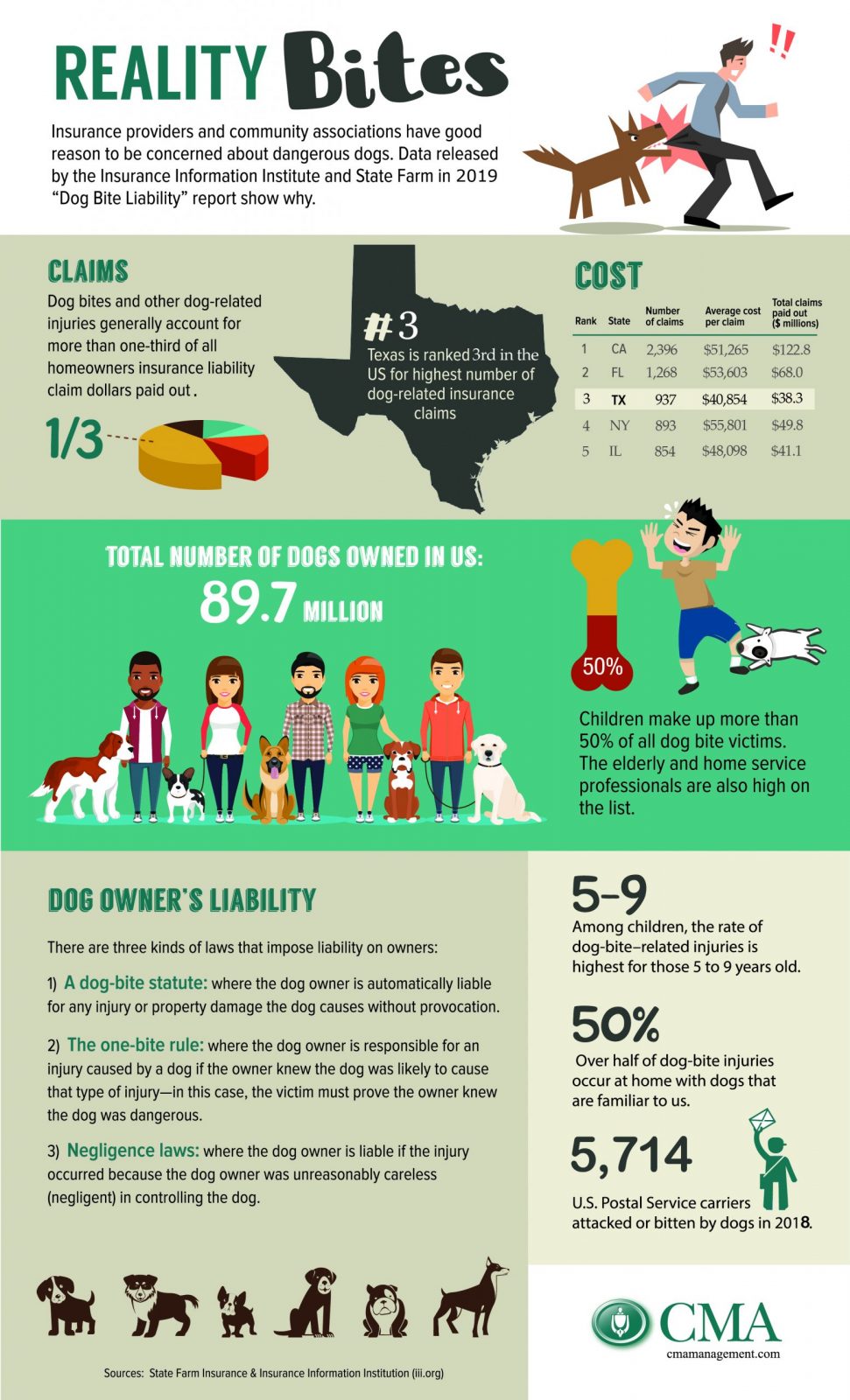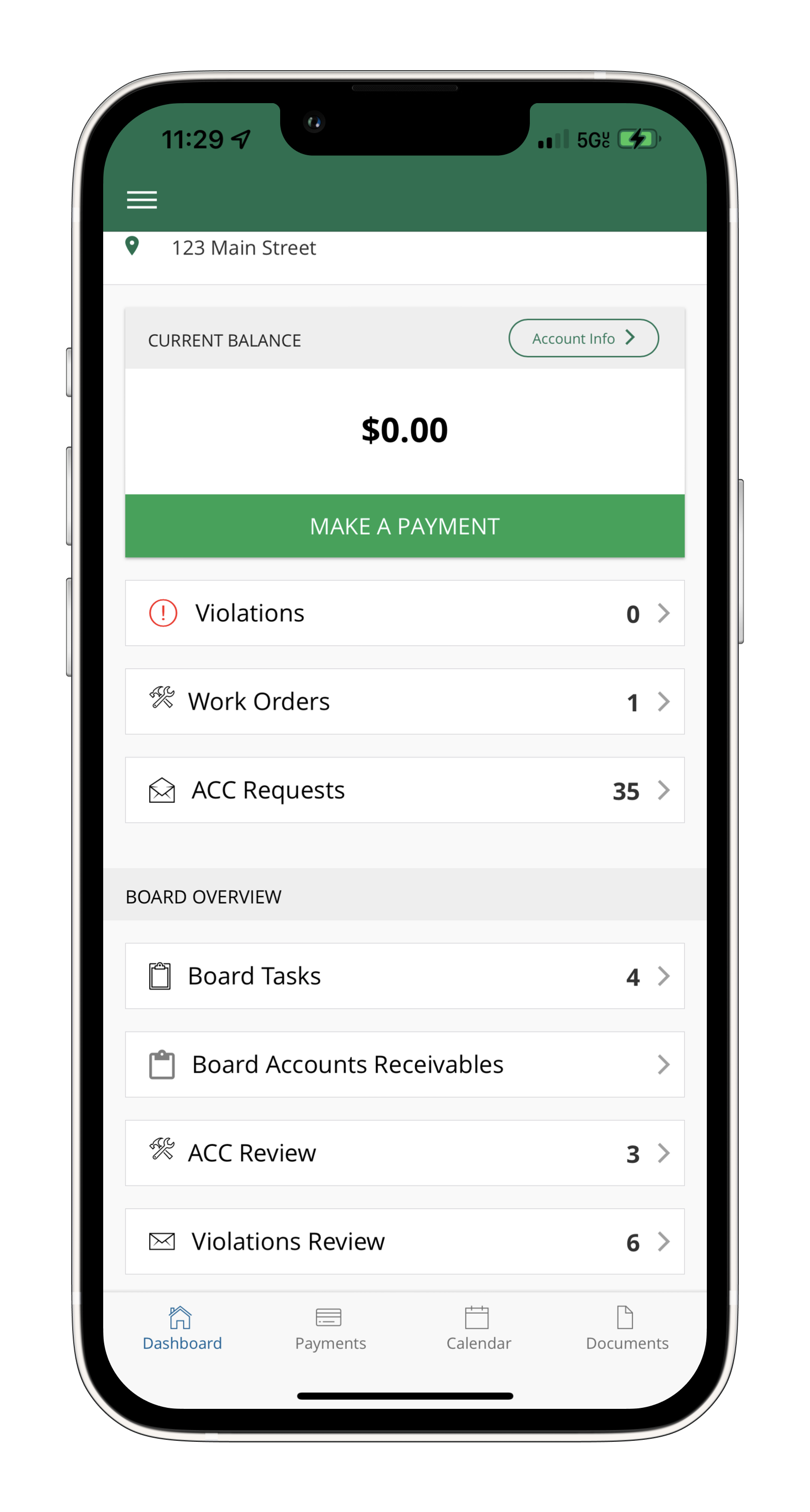
The Best Things You Can Do for Your Landscape this Fall
November 16, 2020
What’s Your Strategy for Dealing with Short Term Rentals in Your HOA?
December 22, 2020“Proactive public relations and friendly communications are just as essential in spreading the word about pet policies and promoting respect.”
Criteria for Pet Policies
- Reasonable: Residents and legal advisers must agree that a rule is well-defined, sensible, and acceptable.
- Purposeful: Rules must have stated objectives, which relate to preserving the standards of the community.
- Legal: Rules must be in compliance with local, state, and federal laws.
- Enforceable: It must be feasible to hold residents accountable, with the necessary resources in place.
Reasonable
Dog-related injury claims are on the rise. Texas moved up to the third spot among states in 2019. While most residents would agree on the need for protection against dangerous pets, there are competing perspectives on how to do this. For instance, some residents may find restrictions on pet breeds and size discriminatory, while others believe that a restriction on pit bulls or 70+ pound dogs is necessary in a townhome community with thin walls and adjacent lots. Prohibitions based on dog behaviors such as aggression or barking at night may be an ideal compromise, along with pet liability insurance with the HOA named as the co-insured. Requirements that all dogs are walked on leashes, and no animals be let loose in the neighborhood are universally reasonable.
Purposeful
Do your rules banning notoriously dangerous breeds or livestock include language about “providing for the safety and health of the residents”? Does your 5′ leash requirement include an explanation that longer leashes make it harder to react when a dog gets aggressive? If you designate an area for a dog park, residents must understand that one purpose is to protect them against dogs that would become ornery without a place to exercise and socialize. Every rule must have a stated purpose to assure adoption and to provide assurance of protection.
Legal
Federal laws enforced by the Federal Housing Administration (FHA) are of particular concern. Fair Housing Act (FHA) lawsuits have arisen when residents have found rules to be in contradiction to the principles of the FHA, which generally prohibits discrimination in all matters of housing.
Before instituting any pet policies, engage a legal advisor who knows the local, state, and federal laws pertaining to pets. For example, in some states like California, an outright ban on pets in communities is illegal. The precise language of rules is another intricate legal concern. Check your state’s statutes to see if rules must be publicly recorded in order to be enforceable. A skilled legal expert can ensure that there are no contradictions between your pet rules and the laws or your governing documents.
Enforceable
Without consequences, rules have no “bite” (pardon the pun). Every community should have a policy requiring owners to clean up pet waste. Clean-up courtesy stations enable pet owners to comply. To enforce a rule against dogs barking at night, HOAs may need to institute fines or a requirement for obedience training.
Consequences are not the only way to assure rule compliance. Proactive public relations and friendly communications are just as essential in spreading the word about pet policies and promoting respect between pet owners and other community residents.

Lois Bray
Regional Vice President, CMCA®
If you found this article helpful, you may also find other topics relevant to your HOA on this blog at Community. Well-Served.








